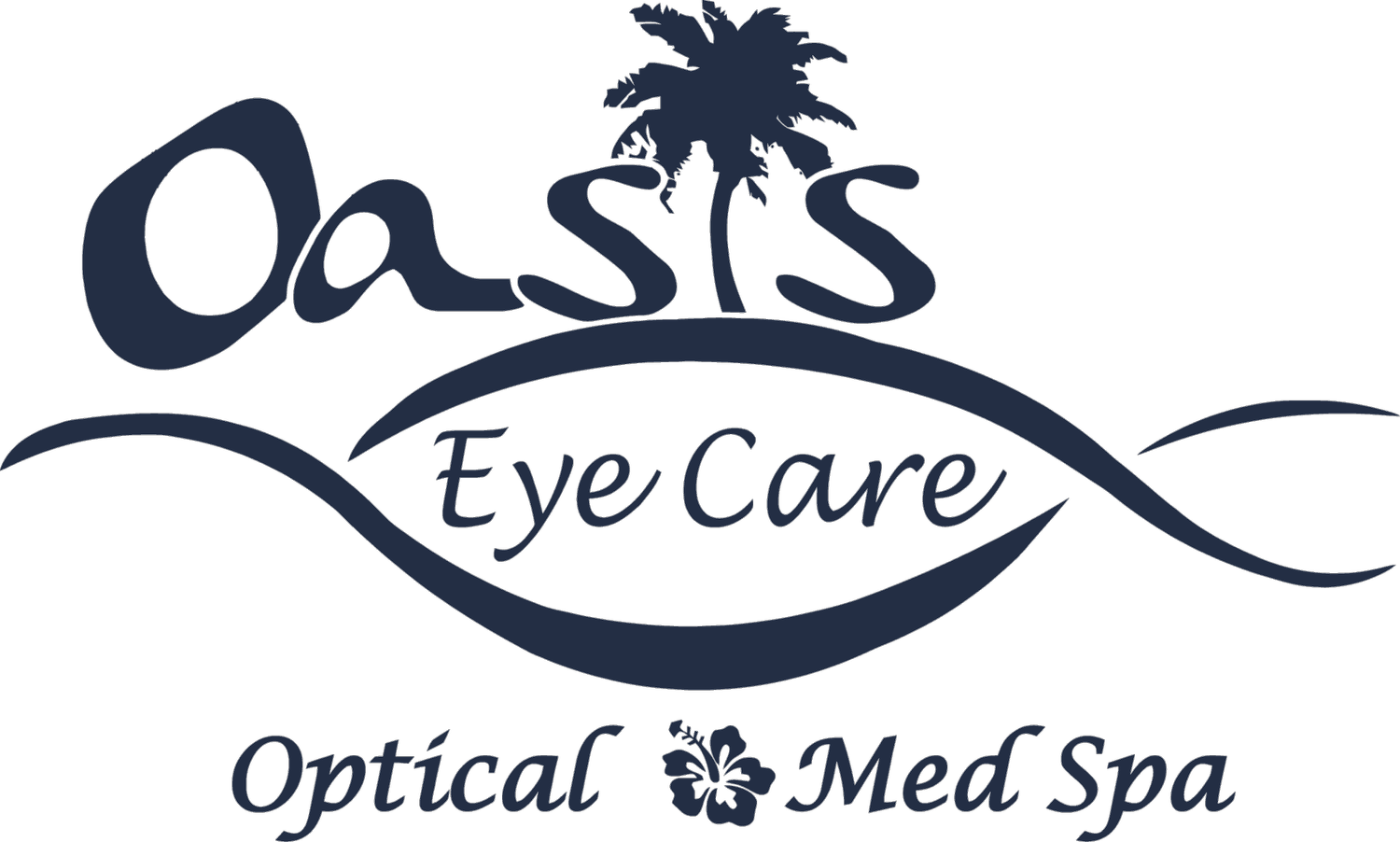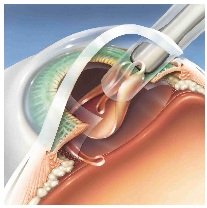Cataracts and Surgery
What is a cataract?
A Cataract is the natural clouding of the eyes previously clear lens. The lens is the element within the eye that focuses the light rays onto the retina (the light sensitive lining found in the posterior of the eye that acts like the film in a camera) into a sharp image that you can see.
When the lens becomes cloudy, the light rays cannot pass through the lens easily. This results in distraction of the light rays causing the image to become blurry.
What are the causes of cataracts?
Cataract development is a normal process of aging, which every eye undergoes.
– Cataract development can also be induced by:
Eye injuries
Certain systemic and eye diseases
Topical eye medications as well as systemic medications
Long-term unprotected sunlight exposure
Smoking
When and how are cataracts treated?
To improve the declining vision resulting from a cataract, a simple update in one’s glasses may be all that is required initially. However a simple glasses update may only improve the vision for a while, since the natural tendency is for a cataract to progress. There are no medications, eyedrops, exercises or glasses that will cause the cataracts to disappear or prevent them from forming. Surgery is the only way to truly correct the declining vision from a cataract. When you are no longer able to see well enough to do the things that you like to do, give up one or more of your hobbies or have to refrain from driving due to the glare at night, cataract surgery should be considered.
During cataract surgery, the cloudy lens is removed from the eye through a very small surgical incision. In the majority of cases, the natural lens is replaced with a permanent intraocular lens (or IOL) implant.
What should one expect with surgery?
BEFORE SURGERY:
To determine if your cataract should be surgically removed, your eye doctor will perform several different types of eye exams. Before the surgery, measurements of the eye will be performed to determine the power of the IOL to be placed in your eye. You should ask your doctor if you should continue taking your usual medications before surgery. It is important for you to make arrangements for someone to drive you to and from the surgery center for your surgery.
THE DAY OF SURGERY:
Surgery is performed on an outpatient basis at an ambulatory surgery center. You will be asked to skip breakfast on the day of surgery. When you arrive for surgery, you will be given eye drops to dilate the surgical eye and a mild sedative to help you relax. A local anesthetic or topically applied anesthetic gel is used to numb the eye and the surrounding tissues. The lids, skin around the eye and the surface of the eye will be thoroughly cleansed. Then a sterile drape will be placed over the upper part of your body to expose only the surgical eye. You see lights and some movement, but you will be unable to see what is happening during the surgical procedure. You might experience coolness around the eye and possibly pressure at times, but you shouldn’t have any pain.
Using an operating microscope, a small (less than 3 mm) incision is made in the outer portion of the cornea (the clear part of the eye). Through this incision, tiny instruments are used to breakup and remove the cloudy lens from the eye. The container that once held the cataract is left in place.
Once the cataract is removed, an acrylic or silicone IOL will be implanted into the eye. This will restore the eye to a more youthful state. Without an implant, the vision will not be clear.
FOLLOWING SURGERY:
Once completed, you will have a patch placed over the eye for protection. It will be important that you have transportation arrangements for the day of surgery and the following morning for your first postoperative visit. At your first postoperative visit, you will receive instructions to guide you through the postoperative recovery period. Most of your healing will occur of the first week, after which the majority of your physical restrictions are lifted.
Cataract surgery and visual improvement
The success of cataract surgery depends on many factors including but not limited to: the health of the eye, co-morbid conditions and previous surgical & traumatic ocular history. Your surgeon will discuss these concerns at your preoperative visit, so have your questions ready. Fortunately, cataract surgery has become one of the most successful and most frequently performed procedures worldwide with amazing results.



